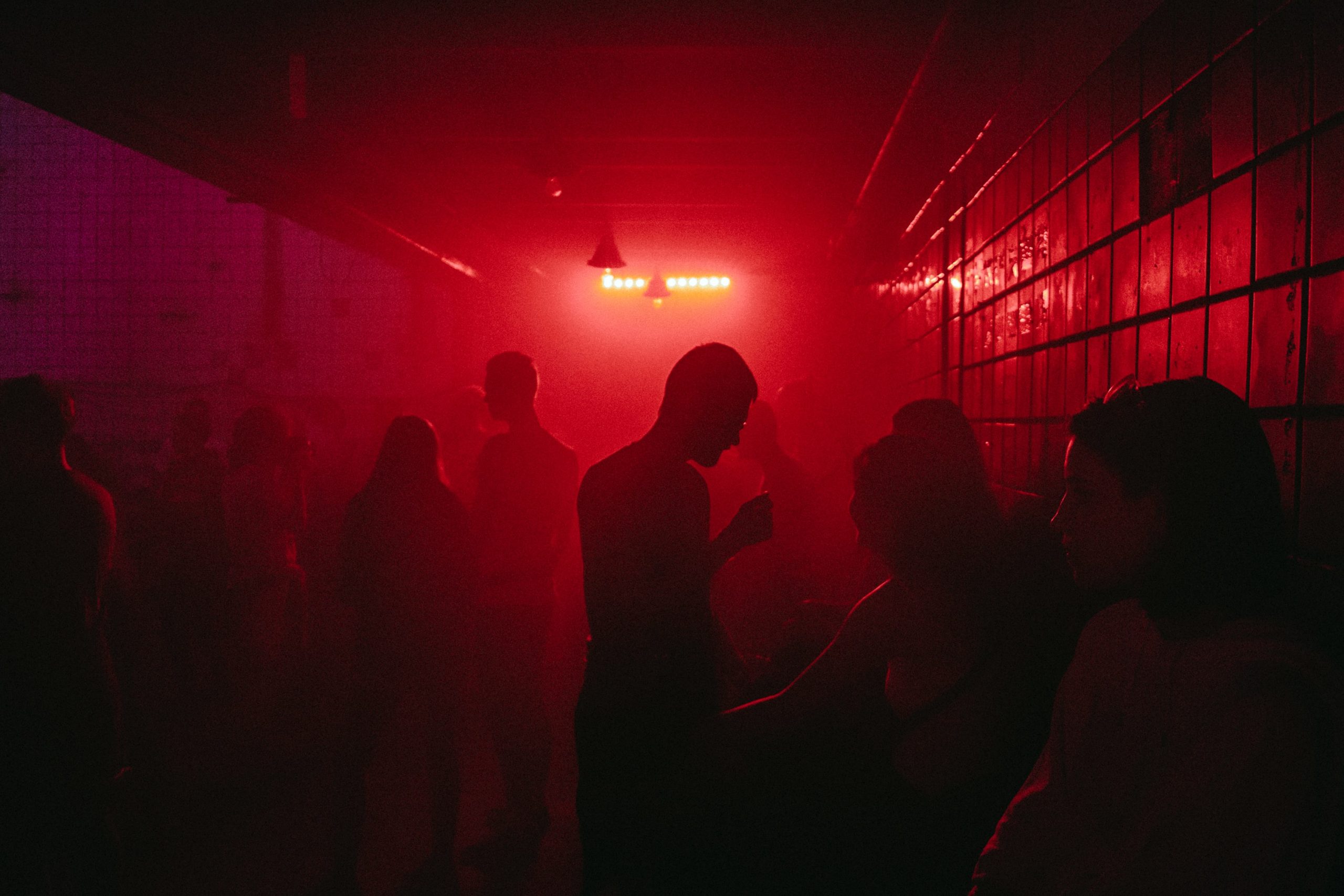A recent survey by the River about sexual assault found that 21 out of 60 students who responded had been victims of physical sexual assault.
While those who have experienced sexual assault may be more likely to respond to this kind of survey, the responses align with national trends.
A survey by the Office for Students found that nearly one in three students in England had experienced sexual assault in a university setting.
A KU student said: “I was sexually assaulted by another [Kingston University] student. I think it will affect me for the rest of my life. I don’t go out anymore, I think if this can happen at university, it can happen anywhere.”
Half of the students who experienced sexual assault, either verbally or physically, whilst a student at Kingston University reported the incident to the university. However, 50% of those who reported the incident found the support either unhelpful or less helpful.
One KU student said: “I tried communicating with the university in regard to the incident and they never emailed me back.”
“I reported the assault to the university but I had to wait 10 months to even get a first session of counselling,” said another.
Research conducted by The National Institute for Health and Care Research showed that 72% of victims suffer from post-traumatic stress symptoms after experiencing sexual assault.
Common responses include depression, anxiety and self-harm urges, feelings of vulnerability and loss of control.
One student who was a victim of physical sexual assault by another KU student off-site said: “[the incident] took over my life. I couldn’t stop thinking about it. I had nightmares about it for months.”
“It mostly affected my attendance and my grades. I still saw my friends outside of uni but I couldn’t make myself go in. I was so afraid of seeing the person who did this to me,” they added.
The problem also extends off university sites. There has been an increase of nearly a quarter, in sexual assaults happening in England since 2020, according to the Office for National Statistics.
In addition, there has been an increase of nearly 50% in incident exposure or unwanted sexual touching, the same survey showed.
A KU student said: “I started blaming myself for what happened, thinking that because it happened to me I must have done something to deserve it. But now I know that’s not true and I’m proud of how I’ve been working on my self-esteem.”
A Kingston University spokesperson said:
“Kingston University is committed to providing a safe and respectful campus environment for all members of our community. We do not tolerate any form of bullying, harassment, sexual misconduct or other unwanted behaviour.
“The University’s policy to prevent and address harassment is clearly outlined on our website. We offer a range of ways for students and staff to report any instances of inappropriate or unwanted behaviour, either informally and formally, and to access support.
“All allegations shared with the University are investigated fully. Our Sexual Misconduct Policy outlines our approach to handling any reports of this nature and the follow-up action that will be taken as appropriate under our Student Complaints Procedure or the Student Conduct and Behaviour Procedure.
“Confidential support is actively offered in cases in which students provide their details when reporting that they have experienced sexual harassment. Students will be supported to find the most appropriate assistance for their circumstances, which may include specialist services such as sexual assault referral centres or other NHS provision. Counselling is also part of a broad range of wellbeing, safeguarding and mental health support provided by the University.
“All students and staff are encouraged to be active bystanders and to report any inappropriate behaviour they may witness across campus. A University-wide campaign is currently running to raise further awareness of the role we all have to play in this regard, asking the community to report any concerns through the University’s Report and Support platform.”
If you have been a victim of sexual assault reach out for support, either through the university’s services or NHS. Remember, it is never your fault.

